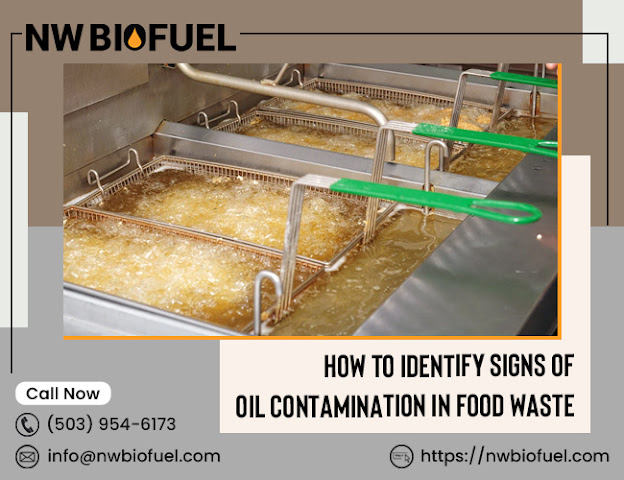How Restaurant Oil Recycling Can Help Build Customer Loyalty And Brand Reputation
The importance of client happiness cannot be overstated while managing a restaurant. To guarantee that diners have a positive eating experience and return for more, every part must be properly managed. But what about the background? The significance of restaurant oil collection and recycling properly is often disregarded by eateries. Restaurant oil recycling, on the other hand, has grown significantly in importance as environmental concerns have grown, and for good reason. This blog post will discuss how restaurant oil recycling and cooking oil collection can enhance brand recognition and customer loyalty.
Why Restaurant Oil Collection Recycling Is Important
Cooking oil disposal mistakes might have negative environmental effects. Oil can contaminate rivers, hurt wildlife, and increase greenhouse gas emissions when flushed down the drain or thrown out with regular trash. Restaurant oil recycling, on the other hand, provides a greener option that benefits both the restaurant and the environment.
Restaurants can lessen their environmental impact by recycling their used cooking oil. Restaurant owners may ensure that their wasted oil is gathered and turned into biodiesel, a renewable energy source, by working with organizations like Northwest Biofuels. This procedure lowers carbon emissions and promotes a future that is more sustainable.
Reusing restaurant oil can also result in long-term financial savings for eateries. Restaurants can make money by selling wasted cooking oil to recycling businesses rather than paying to dispose of it. This additional cash can be used to enhance restaurant operations by, for example, purchasing new machinery or staff training.
Building Customer Loyalty Through Sustainable Practices
Many customers today are actively looking for companies that share their values since they are more aware of their impact on the environment. Restaurants may draw in and keep environmentally conscious consumers by embracing sustainable measures like recycling restaurant oil.
In fact, according to a 2019 Nielsen survey, 81% of consumers strongly agree that businesses should contribute to environmental improvement. Restaurants can develop stronger relationships with clients and a devoted following by highlighting their dedication to sustainability.
For instance, restaurants might advertise their involvement in restaurant oil recycling by posting signs or badges inside their building or online. They can use social media to publish images and stories of their sustainable practices, which will appeal to customers who care about the environment.
Brand Reputation And The Importance Of Corporate Social Responsibility
A company's attempts to lessen its social and environmental impact are referred to as corporate social responsibility (CSR). Consumers are placing more emphasis on CSR as they are more likely to support businesses that place a high priority on sustainability and social responsibility.
Restaurants can raise their CSR and strengthen the reputation of their company by employing sustainable practices like recycling restaurant oil. Customers are more likely to think favorably of a restaurant and recommend it to others when they notice that it is making efforts to lessen its environmental effect.
The Takeaway
Restaurants may reduce their environmental impact, increase client retention, and improve their brand's reputation by restaurant oil collection. Restaurants may get rid of their wasted cooking oil sustainably and make extra money by working with organizations like Northwest Biofuels.
Additionally, restaurants can attract customers that value social and environmental responsibility by highlighting their sustainable practices and dedication to CSR. Implementing sustainable practices, such as recycling restaurant oil and cooking oil collection, is not only the moral thing to do for the environment but is also essential for the company's success in today's fiercely competitive marketplace.



.jpg)
Comments
Post a Comment